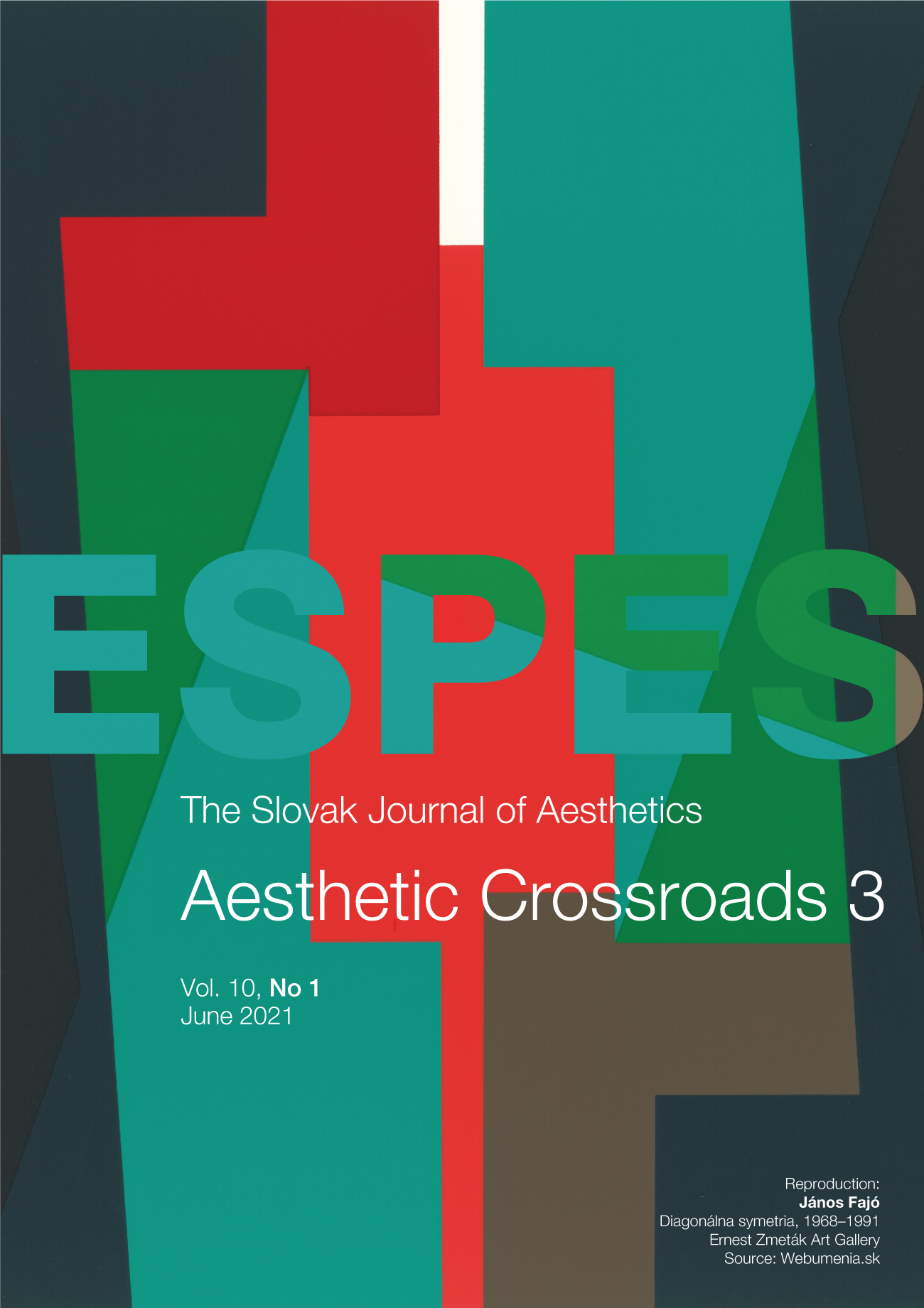Essay on the Concept of Art and Reality
Essay on the Concept of Art and Reality
Author(s): Zoltán Gyenge Subject(s): Aesthetics
Published by: Spoločnosť pre estetiku na Slovensku a Inštitút estetiky a umeleckej kultúry Filozofickej fakulty Prešovskej univerzity v Prešove
Keywords: Philosophy of Art; German Idealism; Iconology; Interpretation of Art; ‘Internal Erlebnis’
Summary/Abstract: Art shows something of reality as a whole, a reality that exists above or below the directly perceptible world. There is a first reality, or empirical reality, which can be mapped and captured through sense perception and is characterized by immediacy; and then there is a second or imagined reality that unfolds beyond direct empirical and experiential observation. While the animal intellect is attracted to the surface, to mere appearances, the human intellect is drawn to what lies beyond the surface. The ability to imagine is a condition of human intellect, being characterized, in Schopenhauer’s terms, by a power of “seeing in things not what nature has actually formed but what she endeavored to form, yet did not bring about” (Schopenhauer, 1969, pp. 186-187). For Schopenhauer, this capacity can be fully engaged not by the “ordinary man, that manufactured article of nature” (ibid., p. 187), but by the man of genius. In contrast, John Ruskin holds that the power of art consists precisely in allowing us to regain what can be called the innocence of the eye, in other words, a kind of childlike perception which remains blind to the meaning of perceived things. (Ruskin, 2006, p. 42) This paper seeks a possible answer to the question of how art ties us to reality.
Journal: ESPES
- Issue Year: 10/2021
- Issue No: 1
- Page Range: 32-41
- Page Count: 10
- Language: English

